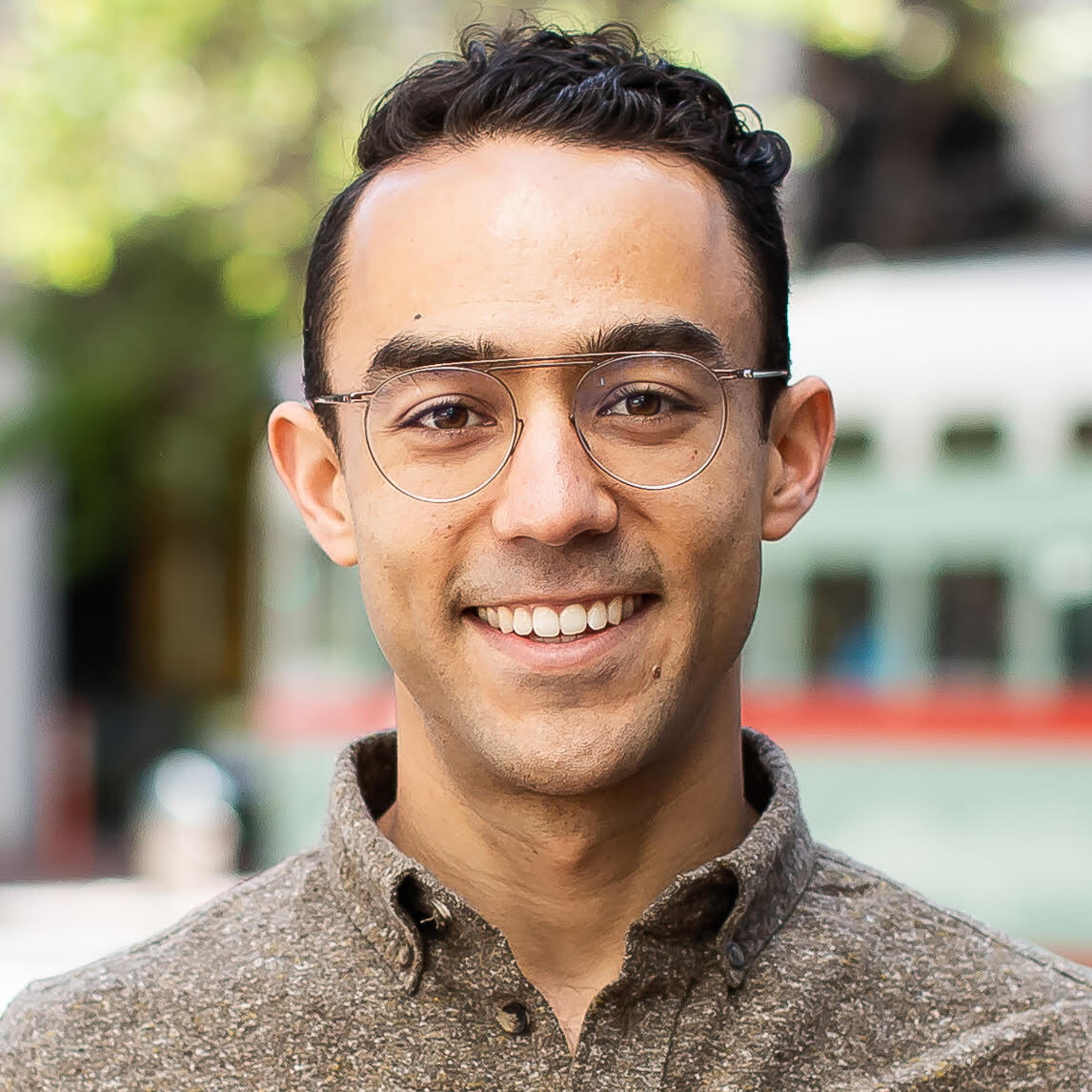Participants will learn strategies to keep people at the centre of messy public problems and minimise the negative effects of bureaucracy, power, myopia, or bias that can weaken action to improve people’s lives.
This course will explore how the design process can be applied at local, national, and global levels through public-private cooperation, public sector leadership, and community-led change. We will provide practical tools that one can use in current work to design services, make decisions, develop programmes, or influence systems. Ultimately, the course aims to be a platform for participants to explore topics such as participation, inclusion, co-design, cross-sector collaboration, exploration, and implementation to generate public value.
Prerequisites
You don’t have to be a practising designer or work in the public sector to take this course. Designers, researchers, managers, administrators, public servants, and changemakers of all kinds will find this course valuable.
How you’ll learn
The workshop includes live instruction, individual activities and reflection, small group exercises, and case studies. Participants will also learn and practise design methods as part of a team project that gives them the opportunity to practise research, design, and testing skills first-hand.





